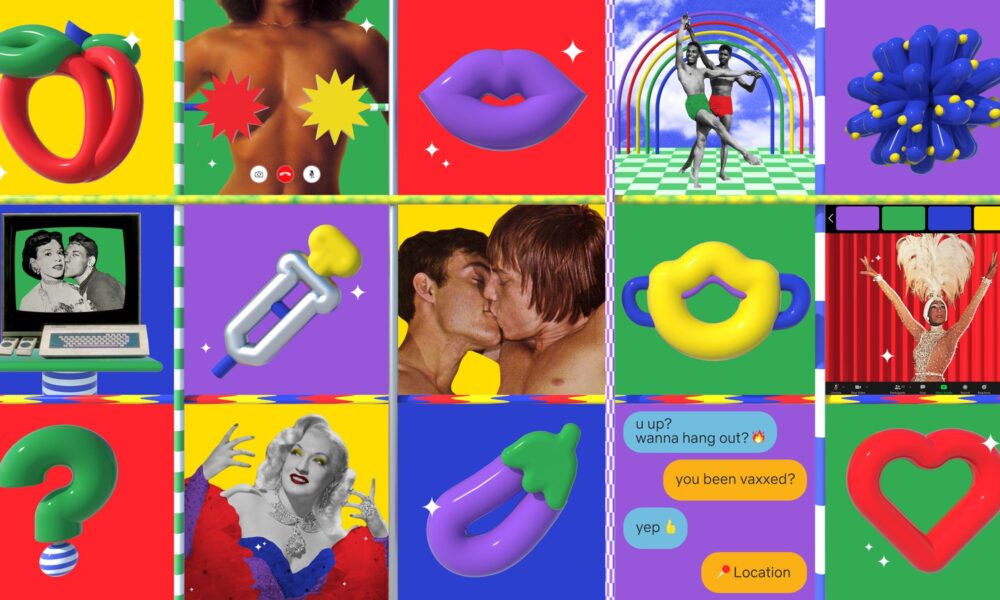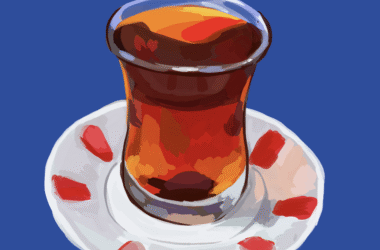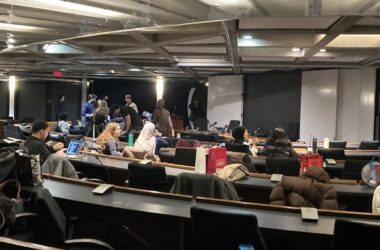Small acts of love and affection were most certainly taken for granted before the pandemic hit in 2020: No one ever thought that we would be denied dinner dates and hugs for a year and a half.
With rising vaccination rates in Montreal allowing for the return of some in-person activities, many students are once again embracing their loved ones and exploring new relationships. COVID-19 anxieties still linger, however. How have love and relationships changed in this new transitional context?
Stephanie Munn, U2 Arts, definitely thinks things are different. In an interview with The McGill Tribune, Munn explained how her expressions of love have changed to make up for lost time.
“I think I’ve added physical touch [to my expressions of love],” Munn said. “I was lacking it for so long, that now pretty much anytime I see one of my friends, it’s always a hug.”
Munn’s not the only one placing newfound importance on the physical aspects of relationships. Sabrina Vidal, U1 Arts, took the chance to express her physical affection with her friends as soon as she could.
“During the summer, after we got vaccinated, with my friends, we would just be so physical with each other,” Vidal said. “[We were] holding each other’s hands, hugging, sitting on each other’s laps, holding each other.”
Pandemic loneliness has also played a significant role in people’s desire for physical affection. While it might be assumed that increased vaccinations would prompt a rise in hook-up culture, yet many still prefer more tender expressions of intimacy. Kristiaan van den Hoeve, U2 Arts, for example, recalled having a hook-up-turned-cuddling session.
“One time, I invited this guy over to my house, and we literally just ended up cuddling, and that was it,” Hoeve said.
Although many are rediscovering the importance of physical touch as they reunite with loved ones, the pandemic has nonetheless left its mark on relationships. Munn looks forward to meeting new people on campus as the vaccination rates among the McGill community continue to increase. However, many are still skeptical of widening their social circles. Vidal likes to keep her social circle intimate because she feels more comfortable when she knows where her friends have been.
Not only has the pandemic encouraged people to express their love through their bodies, but it has also influenced people to reevaluate their love lives and seek out more long-term relationships.
“Relationships are actually going to be more intimate and more focussed on inherent values and priorities,” said Felicia Gisondi, founder of Sex and Self, a McGill non-profit organization that provides resources for a comprehensive and well-rounded sexual education. “Because people have been in isolation for so long, they’re really seeking out those intimate relationships and they’re being punctual about it.”
On the other hand, Gisondi also believes that some will return to the casual dating scene.
“It’s very individualistic depending on what your experience was like during the pandemic,” Gisondi said.
Gisondi appreciated the rise in virtual sexual relationships––such as sexting or phone sex––over the pandemic, and hopes that it will continue.
“It’s been really beautiful to have a hybrid approach,” Gisondi said. “We’re not 100 per cent there yet, so definitely integrating safety precautions and discussing vaccine passports with your partner [is important].”
It’s fair to say that an event as impactful as a pandemic is bound to change aspects of our lives—with love and relationships being an integral part of them.Although the pandemic separated many couples, or drastically changed their relationships, it also served as an awakening for many people to reassess how they express their love for others. Vidal believes that this learning experience will lead to fulfilling connections.
“Now, when we look for a partner or any sort of relationship, it’s gonna be people that we value and who we know will value us for what we care about,” Vidal said.







